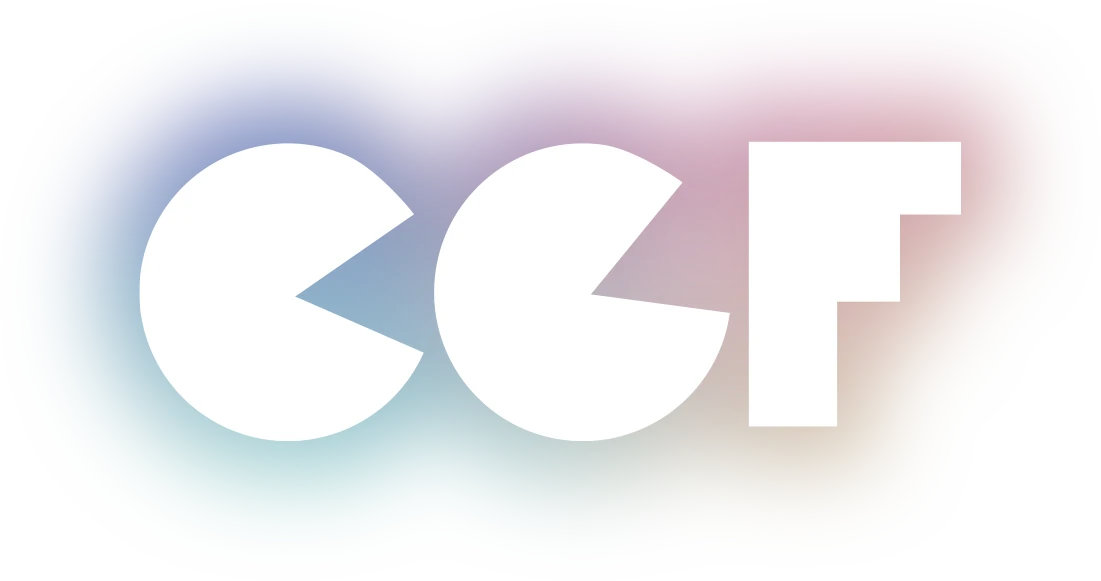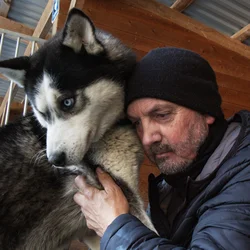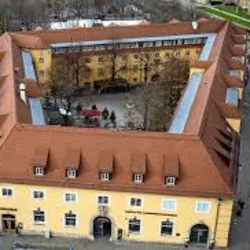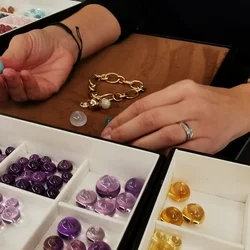Text by Melanie Steiger
Although cancer is rare in children and adolescents, it is the second most common cause of death in this age group. Since 1997, the CCF Children's Cancer Foundation has been supporting children and young people with cancer in Liechtenstein. Fabienne Lemaire has worked for the foundation since the beginning of the year.
Ms Lemaire, how did you come to work for the CCF Foundation?
Charity has always been important to me in my free time, whether through my previous work at the women's refuge, Pink Ribbon or Krebshilfe Liechtenstein. When I decided to change careers after further training, I received an offer from the CCF that enabled me to combine my personal passion with my job, which is fantastic. Although the CCF has been around since 1997, it is not widely known. I am happy to change that. It's an important topic, after all.
Dealing with childhood cancer is tough. How do you cope?
It's hard, no question about it. But just because it's painful doesn't mean we should keep quiet about it. Childhood cancer exists, even if you don't talk about it. It is precisely at this time that families affected by childhood cancer need support from those in society who are not affected.
How much do you know about the families' situation?
We work closely with social workers at children's hospitals, which enables us to find out directly where families need support. We find out about their situations through the applications we receive. My job is to assess their needs and determine the most effective ways to support them.
Is it about financial support?
Yes, the foundation primarily provides financial support to disadvantaged families who are in difficulty. We cover deductibles, additional costs, and loss of earnings. This is because it usually takes a long time for a child to recover.
Why is wage replacement so important?
A child with cancer requires intensive hospital care, which often makes it almost impossible to continue working as normal. Many parents reduce their workload or give up work temporarily. This usually results in a significant financial shortfall, in addition to the great concern for the sick child. We try to alleviate the financial burden at least.
What other typical costs does the foundation cover?
For example, we supported a family who wanted to take one last holiday together with their child receiving palliative care. Seeing the touching photos afterwards makes you realise why you get up in the morning and go to work. We often cover travel, catering and accommodation costs. The centre for proton therapy, for example, is located in Aargau. Families from all over Switzerland have to travel there with their children for outpatient radiotherapy. The children are weakened by the treatment and often have to stay in a hotel or rented apartment for several weeks. These costs are not covered by health insurance and can be high.
Is it easy for families to accept support?
It varies greatly. Some families don't seek financial help at all because they are ashamed. They want to manage on their own and it's important to them to be able to do so. Others only want a portion of the amount so that they can contribute too [FL4].
What goes through your mind when you hear difficult stories like these?
As a mother, I imagine that having a child with cancer is probably the worst thing that can happen to a family. Something like that is out of anyone's hands. However, you have to remember that 80 per cent of children and young people survive cancer. Medicine has made incredible progress. However, this does not automatically mean that the child is healthy. Eighty per cent of children who have been cured suffer from late effects years later, which accompany them for the rest of their lives.
What are these late effects?
With regular follow-up care, these effects can be recognised and treated at an early stage. The late effects are as varied as the diseases themselves. They can affect the internal organs, hormonal balance, fertility and cognitive performance, to name but a few.
What types of cancer do children and adolescents suffer from?
Leukaemia is the most common, accounting for 30 per cent of cases, followed by tumours of the central nervous system (24 per cent) and lymphomas (12 per cent). In Switzerland, 350 children and adolescents are diagnosed with cancer every year.
But what about their siblings?
They suffer too. They worry just as much, but often have to take a back seat because the whole family is focused on caring for the sick child. This is very stressful.
Has your view of life changed?
I was confronted with difficult issues while working for Pink Ribbon and Krebshilfe. Two of my good friends and my godmother died of breast cancer. That gives you a different perspective on life. Childhood cancer hits you even harder. You become incredibly grateful when your own children are healthy. Health is something you can't buy. At the same time, you start to think more about your lifestyle: You want to enjoy life more, live consciously, and appreciate what you have.




